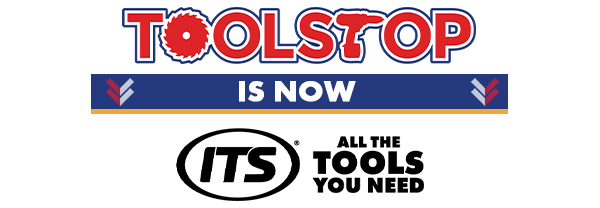Broaching Cutters
Broaching cutters are high-performance drill bits designed for magnetic drills. Also known as annular cutters, they remove only the outer edge of material to cut faster, cleaner and with less heat than traditional twist drills.
What Are Broaching Cutters Used For?
Engineered for metalwork, these cutters are ideal for fabricators, engineers and trades working with steel beams, plates or structural material:
- Quick Hole Drilling – Remove less material for faster progress and less effort.
- Reduced Heat – Lower friction means better bit life and safer operation.
- Precise Finish – Leaves clean, burr-free holes in mild and stainless steel.
- Centre Pilot Pins – Used for positioning, ejecting waste and controlling depth.
Best For:
- Site steelwork and I-beam drilling
- Railings, gates, or heavy-duty brackets
- Panel hole fabrication in mild/stainless steel
- Workshop prep before bolting or tapping
Choosing the Right Broaching Cutter
Get better performance by matching the cutter to your material and magnetic drill:
1. Cutter Material
HSS (High Speed Steel) – Ideal for general purpose and lower speed cutting.
TCT (Tungsten Carbide Tipped) – Handles stainless and hardened metals with longer life.
2. Cutter Depth
Most broaching cutters are rated for 25mm or 50mm depth. Match to material thickness and drill capacity.
3. Pilot Pin Fitment
Pilot pins must suit the cutter and chuck style – usually 6mm for ejector spring setups.
Popular Broach Cutter Brands
For trade use or workshop builds, these brands deliver sharp, long-life performance:
1. Rotabroach & Evolution
Engineered for structural steel with wide fitment options.
Broaching Cutter FAQs
Are broaching cutters better than twist drills?
Yes – broaching cutters drill faster, cleaner and with less heat. They remove less material, reducing load and increasing tool life.
Do I need pilot pins?
Yes – they help position the hole, eject waste and prevent overdrilling. Most cutters require a matching pilot pin.
What’s the difference between HSS and TCT?
HSS is cheaper and great for general mild steel. TCT lasts longer and cuts tougher materials like stainless or cast iron.
Can I use broaching cutters in a standard drill?
No – they’re designed for magnetic drills with specific speed, feed and arbor fitment. Using them in standard drills is unsafe and ineffective.
How do I stop the cutter from jamming?
Use cutting fluid, correct RPM and avoid excessive feed pressure. Also, ensure pilot pins are clean and correctly seated.


